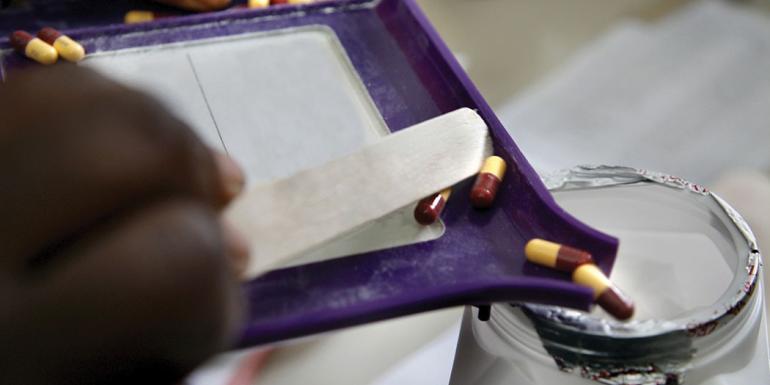
Antimicrobial resistance (AMR) is a threat to public health, driven by the inappropriate and unnecessary use of antibiotics in human health, animal health (treatment of infections, prophylaxis, and growth promotion in livestock production), agriculture, and its dissemination in the environment. In 2019, 4.95 million deaths worldwide were related to multidrug-resistant bacteria, of which 1.27 million were directly attributable to AMR. A total of 338 000 deaths were related to AMR in Latin America and the Caribbean, with 84 300 attributable to AMR in this region. It is estimated that the economic losses generated by this problem will amount to 100 billion dollars by 2050.
In this context, the Pan American Health Organization (PAHO) and the Special Program for Research and Training in Tropical Diseases (TDR) of the World Health Organization awarded 11 grants for the development of the Structured and Operational and Research IniTiative (SORT IT) focused on addressing antimicrobial resistance in Colombia and Ecuador. A virtual course was developed between July 2021 and September 2022 to build operational research capacity in the region to strengthen health systems and evidence-based decision-making, and to address the emergency, dissemination, and mitigation of the health impact of AMR in low- and middle- resource countries.
Researchers focused on priorities in the region such as infection prevention and control; surveillance of antimicrobial use, consumption and resistance in human and animal health; and antimicrobial resistance in the environment. In this supplement of the Pan American Journal of Public Health, articles on the epidemiology of AMR, characterization of multidrug-resistant microorganisms, and public health surveillance under the concept of One Health are presented to generate evidence to strengthen action plans on AMR in Colombia and Ecuador.
